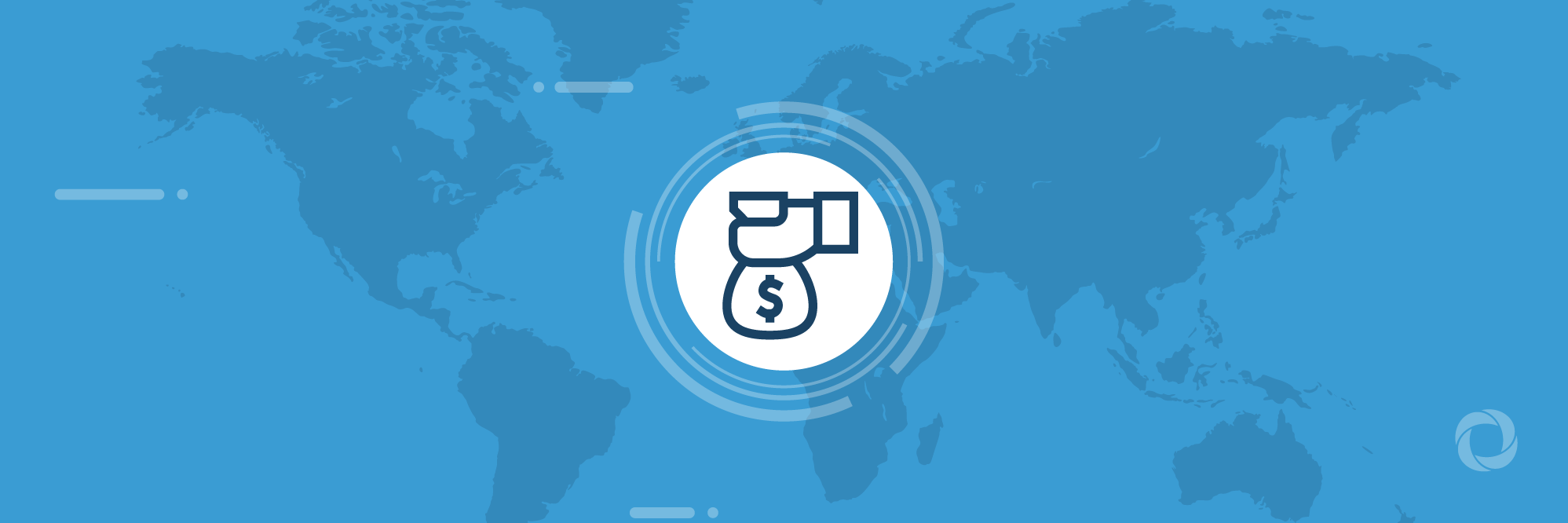The Canadian Prime Minister announced this decision during a video conference at the UN which he co-hosted with Secretary-General, Antonio Guterres.
The money will be allocated to provide poor countries with access to vaccines but Trudeau also wants to channel funds to relieve the burden of bilateral debt payments for underdeveloped states. The Canadian government had previously announced a contribution of $220m to the COVID-19 Vaccine Global Access Facility, COVAX, to enable low- and middle-income countries to purchase the vaccine. This could be seen as a step by the Canadian government to demonstrate its change of policy towards poorer countries whereas previously the ruling liberal party was more reluctant to support development aid efforts. Trudeau made this decision despite the country’s own economic problems and this has resulted in criticism from his political opponents. According to the Parliamentary Budget Officer, Canada is set for a deficit of $328.5 billion this year, the largest budget deficit in over 50 years in terms of a percentage of GDP.
The Canadian decision was warmly welcomed by non-governmental organizations dealing with development assistance since underdeveloped countries are particularly vulnerable to the economic turmoil triggered by the COVID-19 pandemic and many wealthy countries will be decreasing their development aid budgets rather than giving more money.
Nicolas Moyer, Chief Executive of the Canadian Council for International Cooperation, commented on Trudeau’s decision saying that “These investments come at a critical moment. With immense and growing needs around the world, Canada has stepped up at a time when the world needs Canadian leadership more than ever”.
Canada has been trying to show its increasing engagement in development aid since the government hoped to win a temporary seat on the UN Security Council. Although this plan failed, Trudeau said that Canada would still actively help to curb the post-COVID economic crisis. During the video conference with Antonio Guterres, he also pledged to invest more in development assistance in the coming years as well as advocating debt relief for developing countries.
At the moment, Canada is the ninth-largest donor country on the Organisation for Economic Co-operation and Development’s (OECD) Development Assistance Committee (DAC). In 2019, the country spent US$4.7 billion on official development assistance (ODA) which represented 0.27% of the country’s gross national income (GNI), slightly lower than in 2018, and means that Canada’s ODA is below the UN target of 0.7% of GNI. The largest recipients of Canadian international aid in 2019 were Ethiopia, followed by Bangladesh, Afghanistan, Syria, and Mali.

